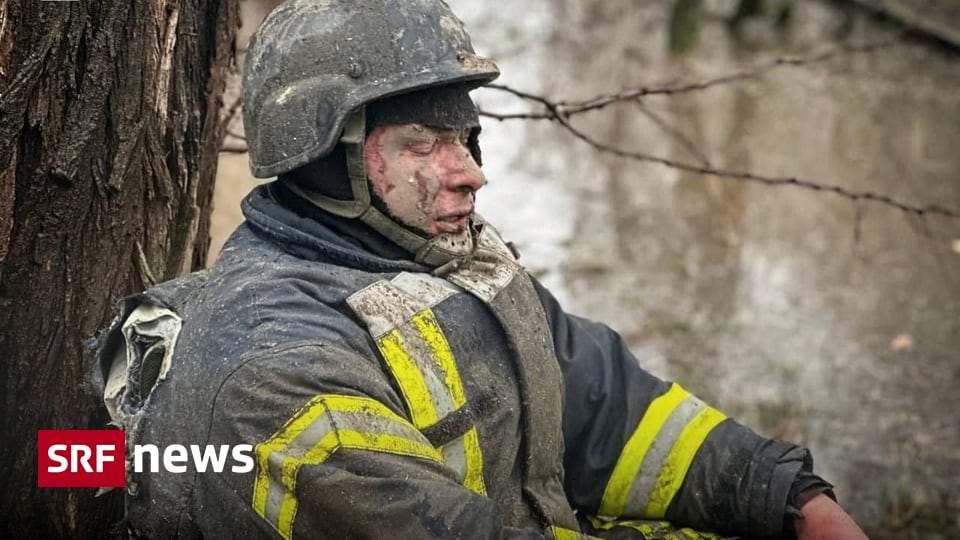
Content
They are the first to appear on the scene after airstrikes, rescuing people and putting out fires. But they increasingly find themselves at risk.
A bright spring morning follows a night of destruction: Russia again fired rockets at the southern Ukrainian port city of Odessa for the second night in a row. People died again.
Again Marina Averina and her people were in action. You can’t tell from looking at the young woman: she’s alert and focused as she greets us in front of the headquarters of the Odessa Region’s Civil Defense and Fire Department. The first thing she asks: “Do you go to the shelter when there is an air alarm? Yes? Bravo.”
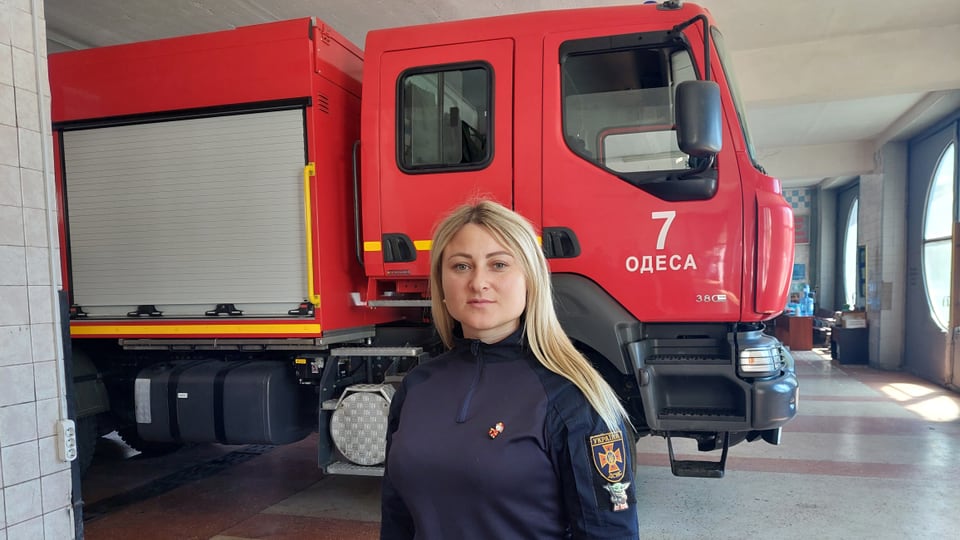
Purana:
Marina Averina at the headquarters of the Odessa Regional Emergency Management and Fire Department.
SRF
Fire engines are stationed in the great hall and stocked with thick boots, coats and protective gear. Averina, spokesperson for the rescue workers, explains the background of her question: In Odessa, the air alarm sounds often, and unfortunately many people no longer react to it because they want to continue their normal lives. This could lead to even more victims – and even more work for rescue workers.
Behind these was a terrible spring. On March 2, 12 people, including five children, died in the attack. They are hardened, Averina says, “but you can’t get used to children being killed.”
Rescue workers target?
A few days later, on March 15, the Russian Armed Forces launched a particularly treacherous attack on Odessa: the so-called “double plate strike”. 15 minutes after the first blast, a second rocket hit the same spot. 21 people died, including two rescuers, and eight helpers were injured.
It was a targeted killing of aides.
“15 minutes – that’s when the first rescuers arrive at the site, take care of the victims, and the firefighters start putting out the fire,” says Averina. “It’s a targeted killing by accomplices.”
Seeing colleagues lying on the ground, not knowing if they were alive, unable to attend to them because the paramedics were also on fire: it was terrible.
26-year-old firefighter Oleksij practices his job with passion. But he adds: “When you’re on duty and the air raid alarm goes off again, you want to run away. It’s so scary.” You know what happened to colleagues.
If we hadn’t done that, more people would have died.
Options for protecting rescue workers are limited. You could theoretically decide to stay in a shelter, Averina says. “But if, for example, a high-rise building is hit, as happened at the end of December, and people who are trapped call for help, you have to go there. If we hadn’t done that, a lot more people would have died.”
Once the rescue workers are on site, they are so focused on their work that they cannot get to the shelter in time in case of danger again. What remains is advanced equipment: bulletproof vests and helmets, in addition to already heavy specialized clothing. It at least protects against splits – but not against major explosions.
“Two tap strikes” are repeated
Targeted strikes against rescue workers are a war crime. Russia perfected the treacherous tactic of “double tapping” in Syria and has never been held accountable. Now the Russian armed forces frequently carry out such attacks in Ukraine: on May 19 in the area around the city of Kharkiv, in April in Zaporizhia and Kharkiv, to name the most recent cases – in addition to Odesa.
The goal is clear: kill as many people as possible and spread maximum terror. “Terrorizing the general public is an integral part of Russian war tactics,” says military observer and blogger Alexander Kovalenko.
He lives in Odessa. “Russia has been using this tactic practically every day since the beginning of the Great Invasion.” A series of airstrikes, attacks on infrastructure, and attacks with particularly treacherous cluster bombs – which also took place in Odessa on April 29 – all fall under this terror strategy. Kovalenko says the aim is to sow panic and break the will of the people to resist. A desperate populace demands that politicians come to an agreement with the occupier and make concessions.
It is an unprecedented calculation in Ukraine. But the war is not over. Odessa, Ukraine’s third largest city, is vulnerable to Russian missiles. Air defenses can usually shoot down drones, but the missiles can only be protected by Western air defense systems – Ukraine has very few of them. Therefore, only the capital area of Kyiv is currently protected.
The evening after our interview, another ballistic missile hit Odessa and the fire brigade and rescue workers were put on hold. A distribution center of a private postal company was attacked and burnt. Fortunately, all the employees survived: they reached the shelter in time.

“Wannabe pop culture fanatic. Zombie advocate. Entrepreneur. Internet evangelist. Alcohol fanatic. Typical travel buff.”

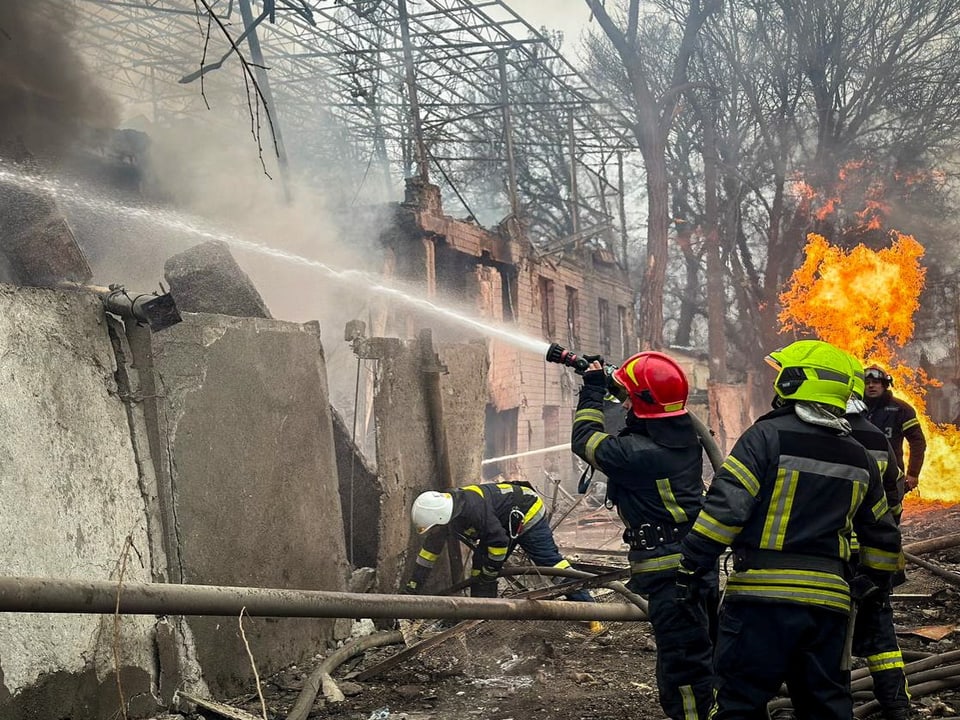
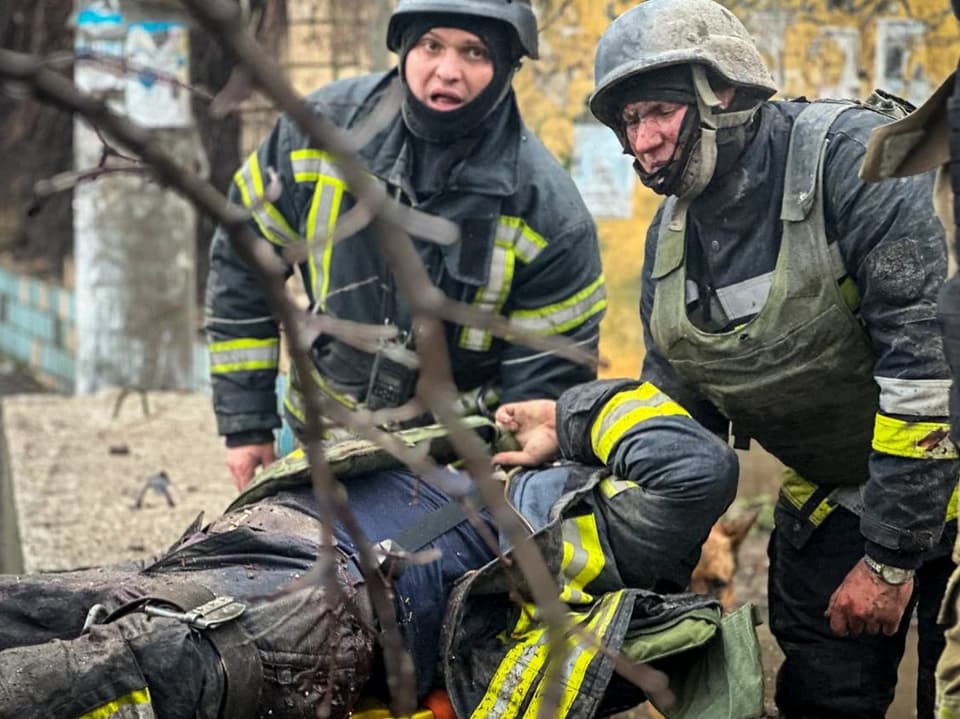
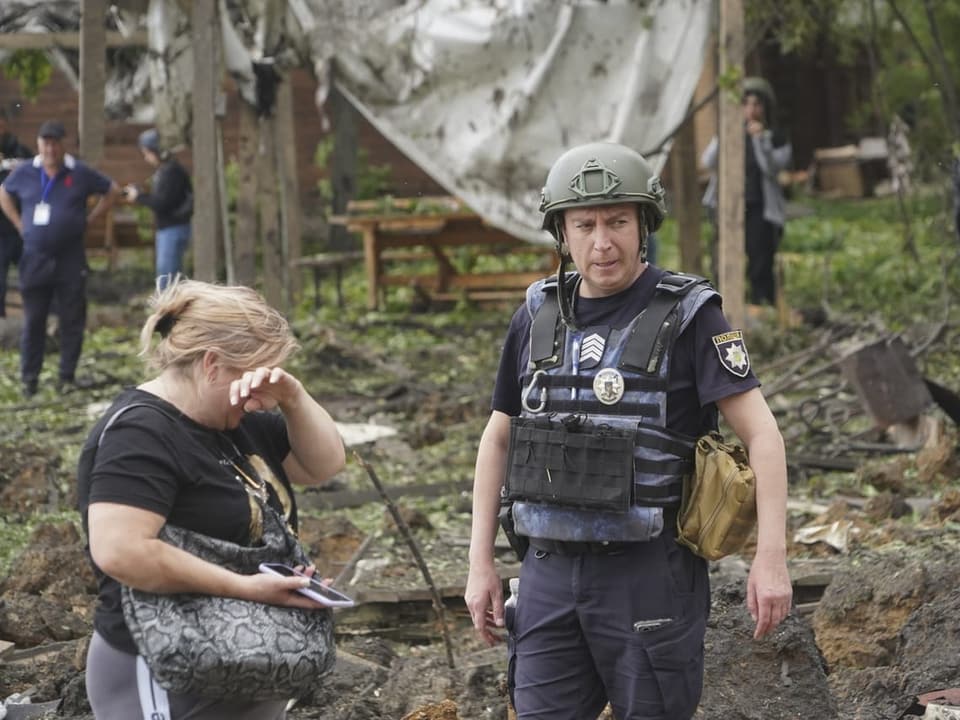
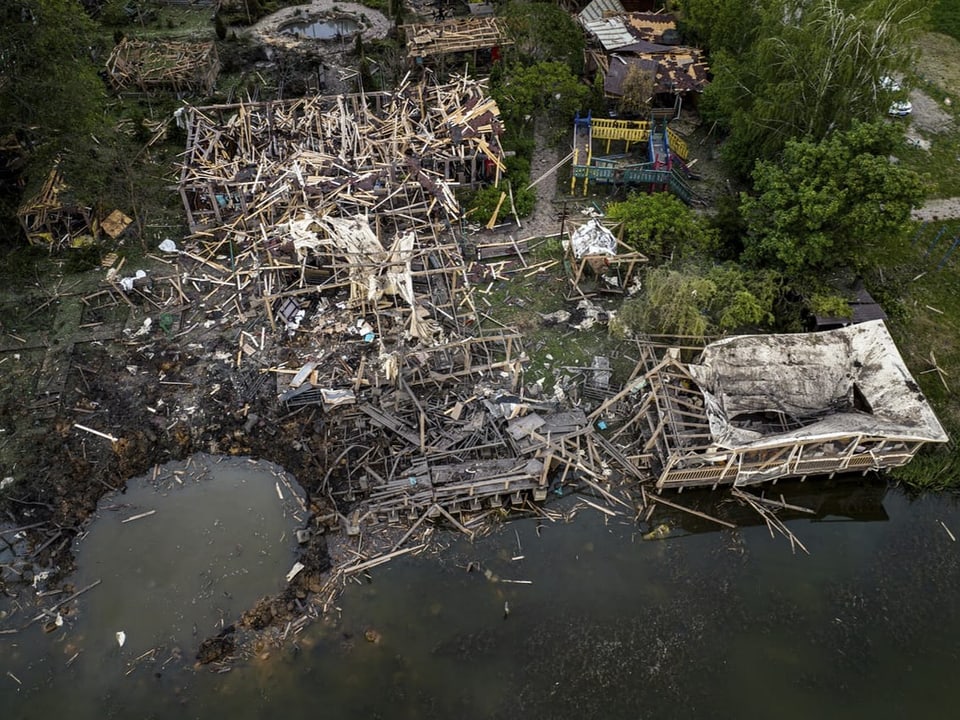
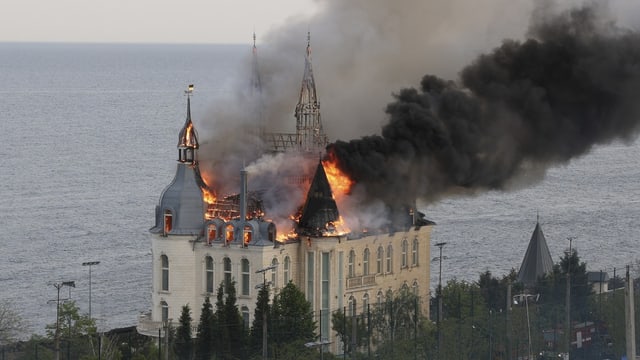



More Stories
User Insights on Using Slot Winner APK Effectively
Choosing the Right Quality Management Software for Your Industry
Astronauts will be stuck in the ISS for months